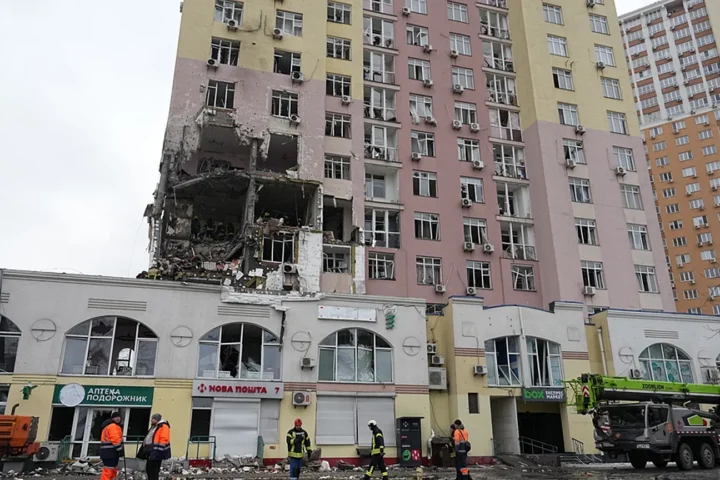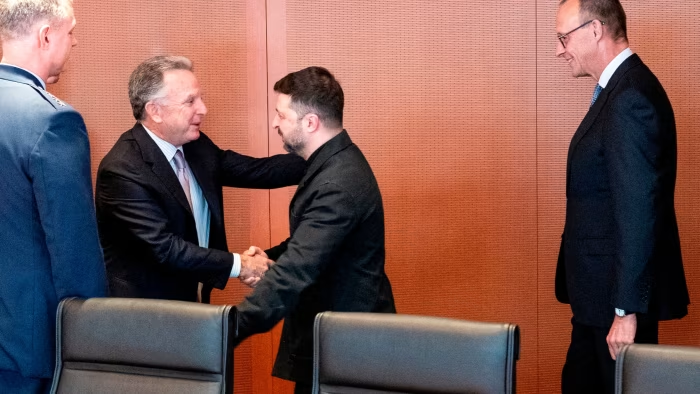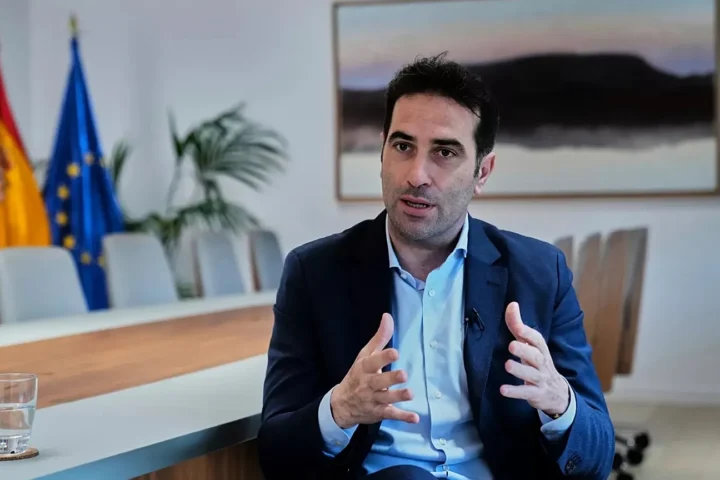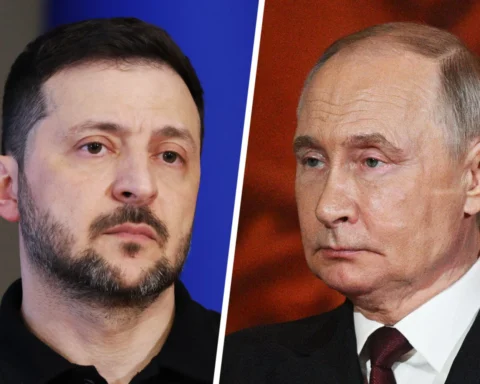The European Union’s meeting in Copenhagen this week highlighted deep divisions among member states over the ongoing conflict in Gaza, with some capitals pressing for stronger action against Israel’s military campaign while others insisted on preserving Europe’s strategic ties with Tel Aviv.
While the EU has long struggled to present a unified foreign policy on the Middle East, the Gaza war has intensified disagreements, underscoring both moral dilemmas and geopolitical calculations across the bloc.
The Meeting: Unity Tested
EU foreign ministers gathered in Copenhagen to assess the humanitarian and political crisis unfolding in Gaza. The discussion, intended to forge a coordinated stance, instead revealed how divergent national perspectives remain:
- Ireland, Spain, and Belgium demanded a tougher line, calling for immediate ceasefire efforts, accountability for civilian casualties, and a reassessment of EU-Israel relations.
- Germany, Czech Republic, and Hungary, by contrast, defended Israel’s right to self-defense, urging caution against measures that could jeopardize long-standing defense and trade ties.
- France and Italy attempted to mediate, pushing for a middle ground—emphasizing humanitarian corridors while stopping short of endorsing punitive measures.
The result was no unified statement, only a reiteration of humanitarian concern and calls for restraint on all sides.
The Humanitarian Dimension
Humanitarian agencies have warned of worsening conditions in Gaza as the conflict drags on. Civilian casualties and destruction of critical infrastructure have drawn condemnation from EU lawmakers and activists, putting pressure on leaders to respond more decisively.
Several member states argued that the EU risks losing credibility as a global defender of human rights if it continues to prioritize geopolitical alliances over accountability. But others countered that a shift in policy could destabilize broader European interests in the region, particularly energy cooperation and counterterrorism partnerships.
Historical Divides Resurfacing
The Copenhagen meeting revealed long-standing fissures in EU foreign policy:
- Northern and Western states often align with international law arguments, stressing humanitarian priorities.
- Eastern and Central European countries, with strong ties to Washington and Tel Aviv, are more reluctant to criticize Israel.
- Southern Europe, especially Spain and Italy, traditionally takes a more pro-Palestinian stance, citing historical links to the Mediterranean and concerns about refugee flows.
These divides are not new, but the scale of destruction in Gaza has sharpened them, creating political friction that makes consensus harder to achieve.
Broader Geopolitical Stakes
For Brussels, the challenge extends beyond Gaza itself. The conflict has ripple effects on EU relations with the U.S., the Arab world, and the broader Global South.
- A muted response risks alienating Arab partners, many of whom view Europe’s hesitance as tacit support for Israel.
- A harsher line, however, could weaken transatlantic unity at a time when Washington’s backing for Israel remains firm.
- At home, public opinion is polarized, with protests erupting in multiple European capitals—fueling domestic political pressures that spill into EU decision-making.
What Comes Next?
Diplomats indicated that the EU will continue seeking consensus through incremental measures, such as expanding humanitarian aid to Gaza, supporting UN-led relief efforts, and maintaining open channels of dialogue with both Israel and Palestinian representatives.
Yet, the Copenhagen meeting made clear that deep fractures remain unresolved. Without a breakthrough, the EU risks being sidelined in efforts to shape a durable peace framework in the Middle East, leaving space for other actors—particularly the U.S., Turkey, and Gulf states—to take the lead.
























